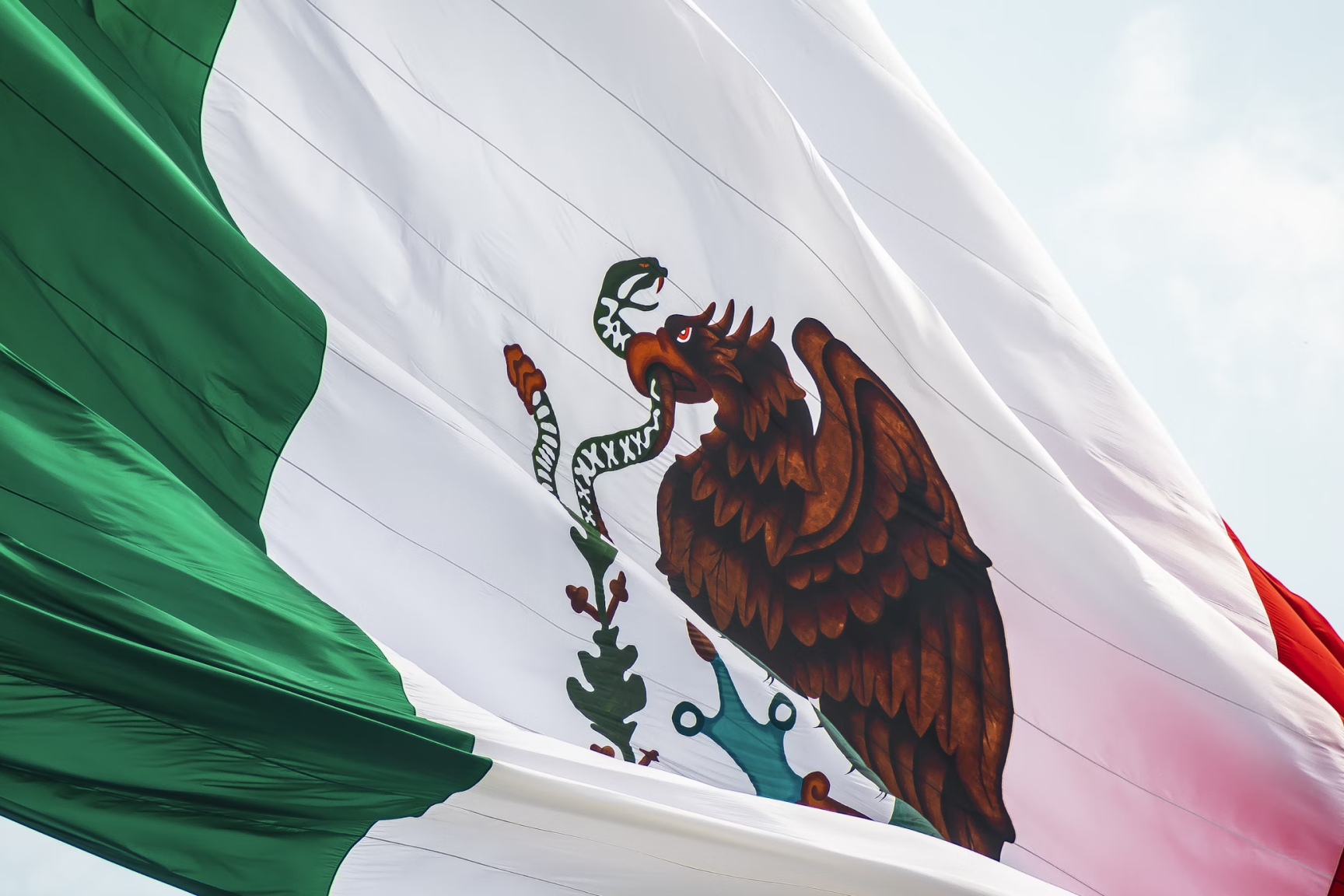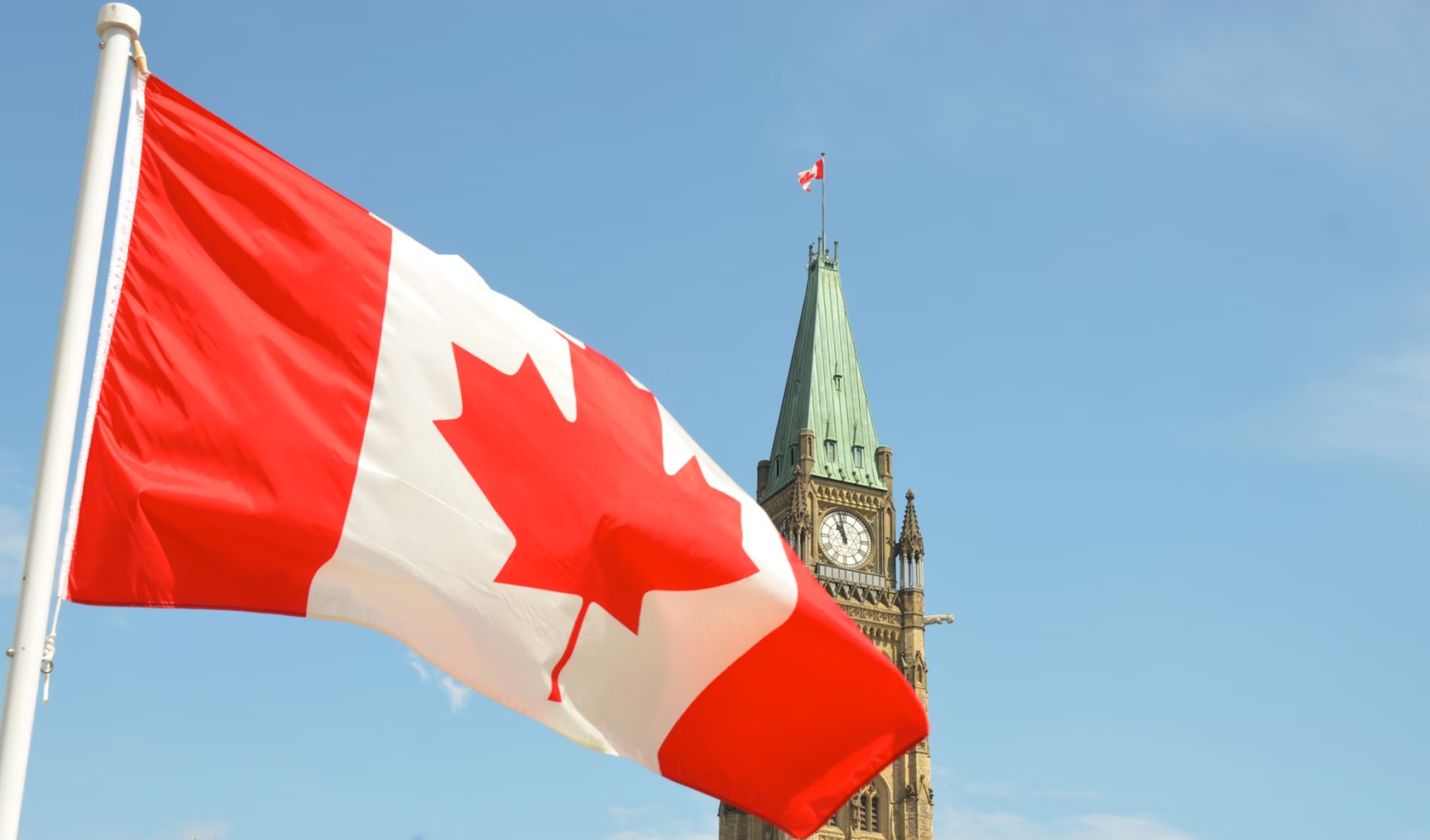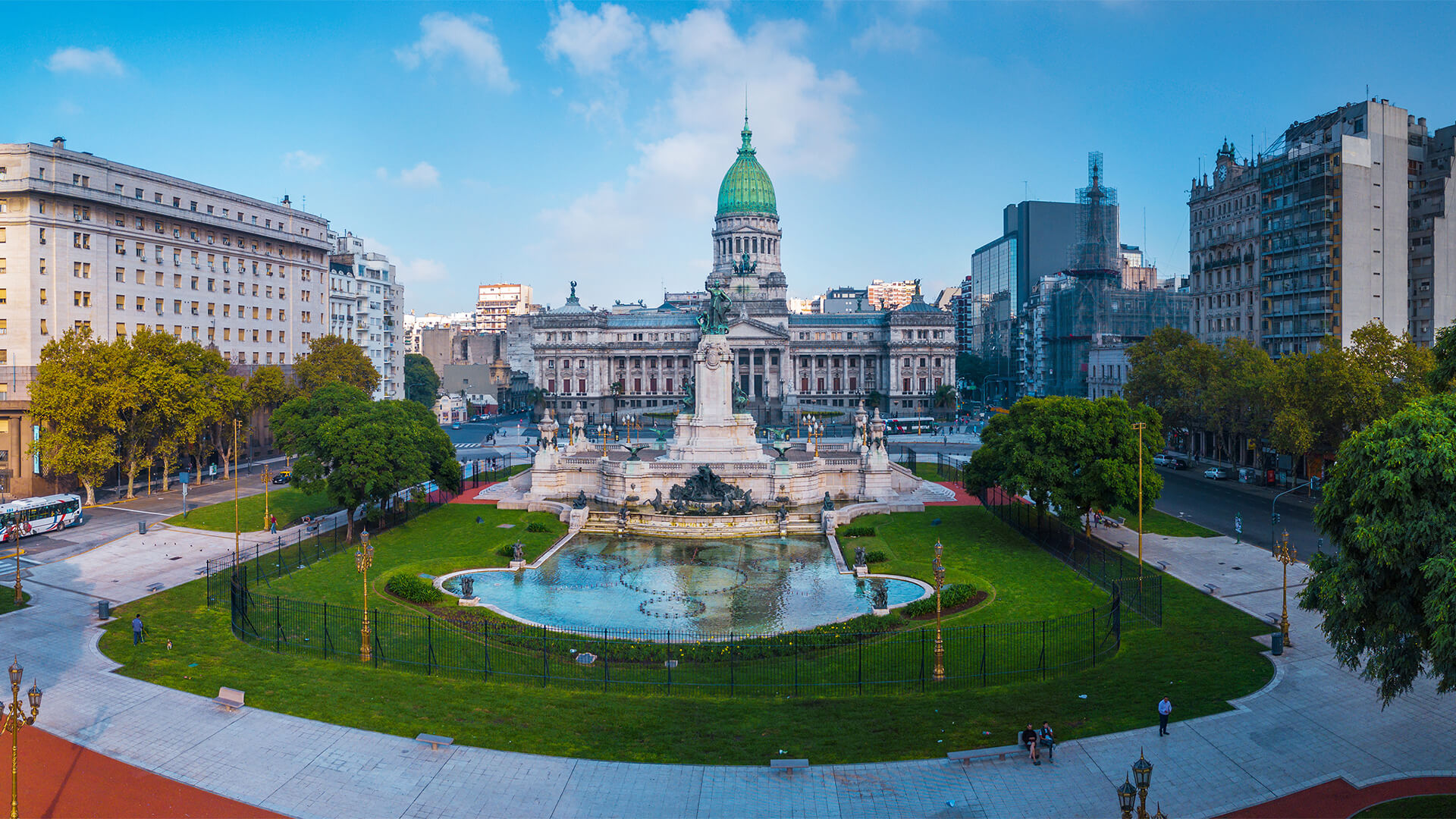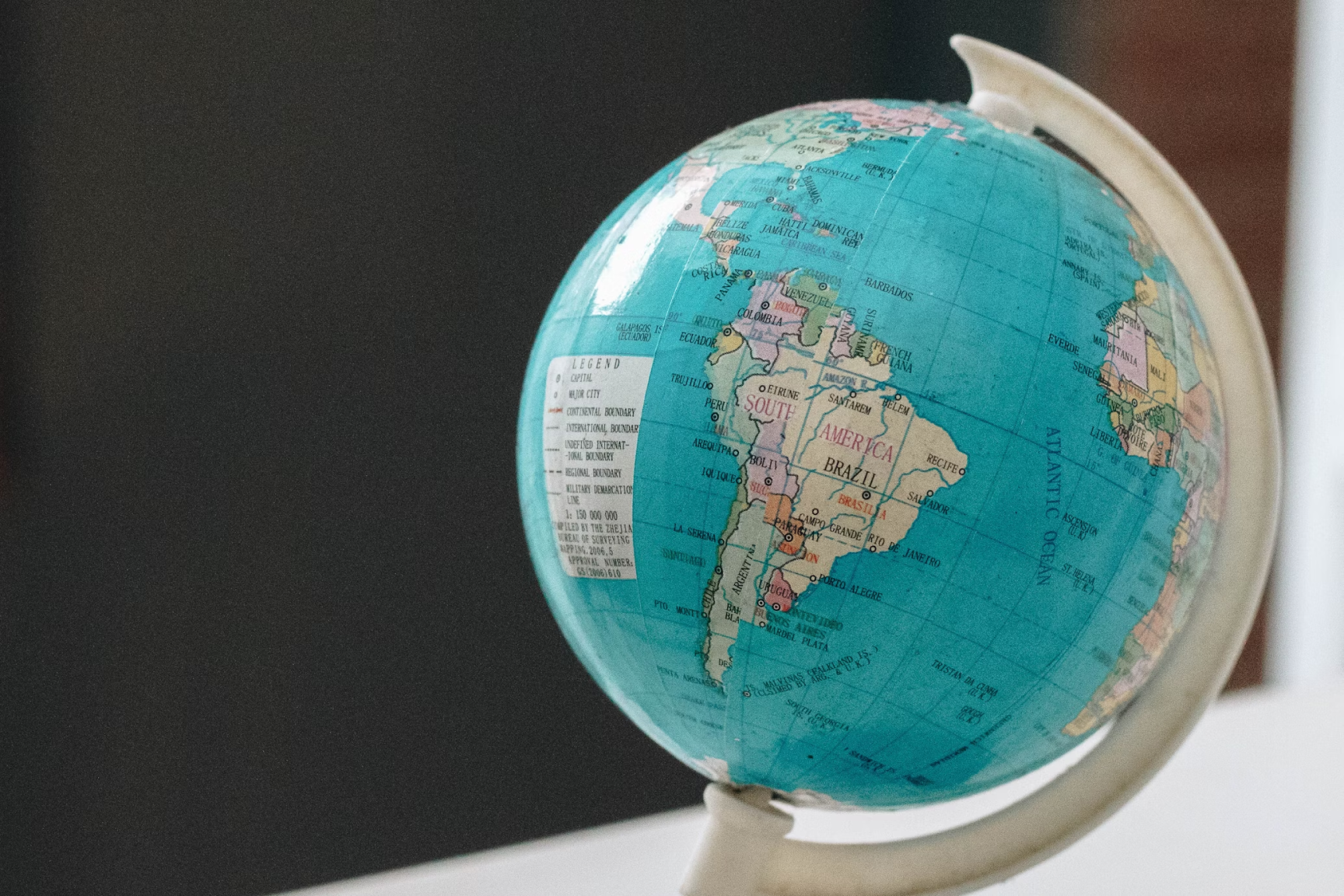
South America & Caribbean
WE ARE NEW WORLD REPORT
Latest Stories From South America & Caribbean
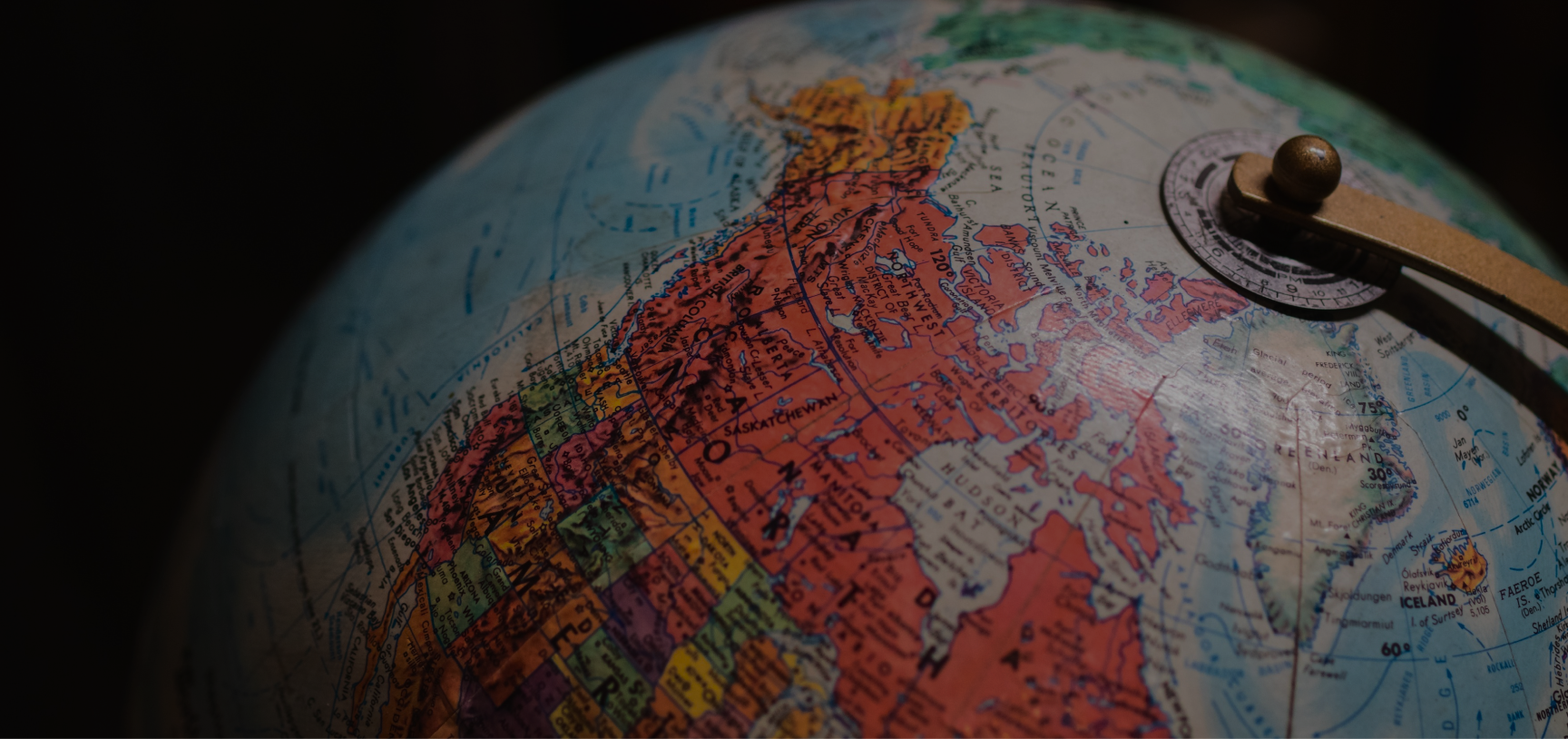
Get the latest news and insights. Subscribe today for content sent directly to your inbox.
75,000 newsletter subscribers
The number of newsletter subscribers for our platform has seen a remarkable growth, indicating a strong and expanding community of engaged readers.
138,360 views (last 12 months)
New World Report has experienced a significant surge in page views, showcasing a growing interest and engagement from our audience.

